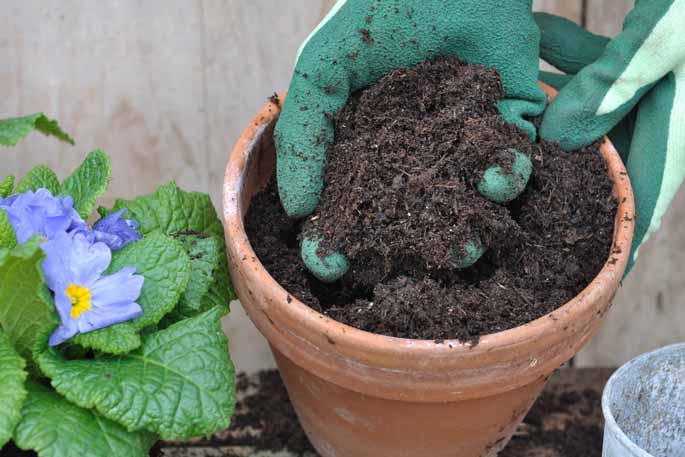Western Bay of Plenty gardeners are being urged to guard against Legionnaires' disease during the spring and summer gardening season.
National public health service medical officer of health Dr David Sinclair says case numbers in New Zealand often spike in September, October and November during spring gardening season.
'Legionnaires' disease can be fatal, but it's also very easy for gardeners to protect themselves against it,” says David.
Legionnaires' disease or Legionellosis is an uncommon but dangerous ‘gardener's' pneumonia, according to Te Whatu Ora Health New Zealand.
David says there are various types, but one of the main strains is often caused by bacteria found in compost and potting mixes.
'Legionnaires' disease can be fatal, but it's also very easy for gardeners to protect themselves against it.
'By following a few simple precautions you can reduce your risk when handling compost and potting mix.
Most importantly, dig out a well-fitting facemask to wear, put on gloves, damp down soil and wash your hands when you're done.”
Public health services across NZ have already started seeing an uptick in spring time Legionnaires' disease notifications.
In the Auckland region case numbers for all types of Legionnaires' disease in 2022 are the highest they've been in five years, while nationally there have been more than 140 cases in the year to date.
Typically, around 60 per cent of Legionnaires' disease cases each year are the Longbeachae type, which is linked to the bacteria found in compost and potting mix.
Te Whatu Ora is keen to reduce the risk of further cases this year particularly given the serious health outcomes Legionnaires' disease can cause.
'The disease is uncommon but it can be really severe, so it's important to take it seriously,” says David.
'The risk is higher for older people, as well as those who smoke, have lung conditions or a weakened immune system. As it can't be spread from person to person it's quite simple to keep yourself safe.”

